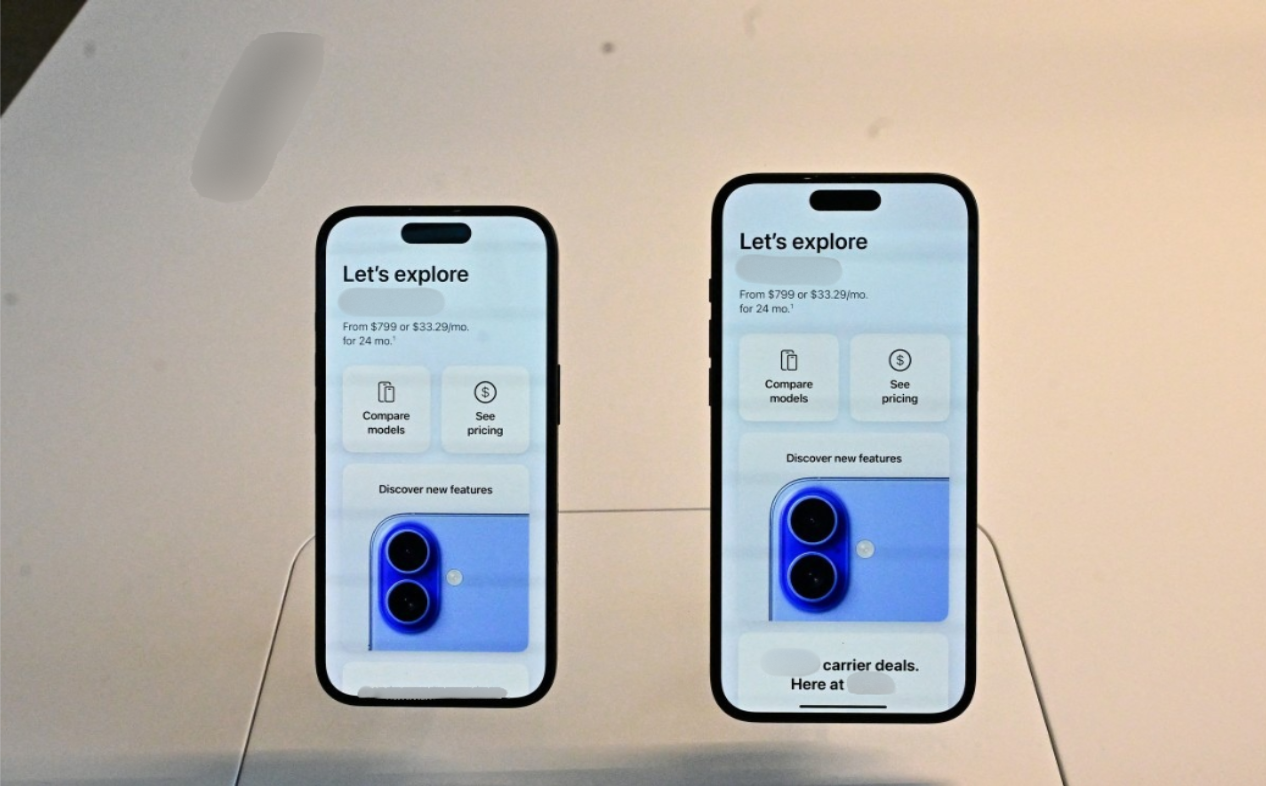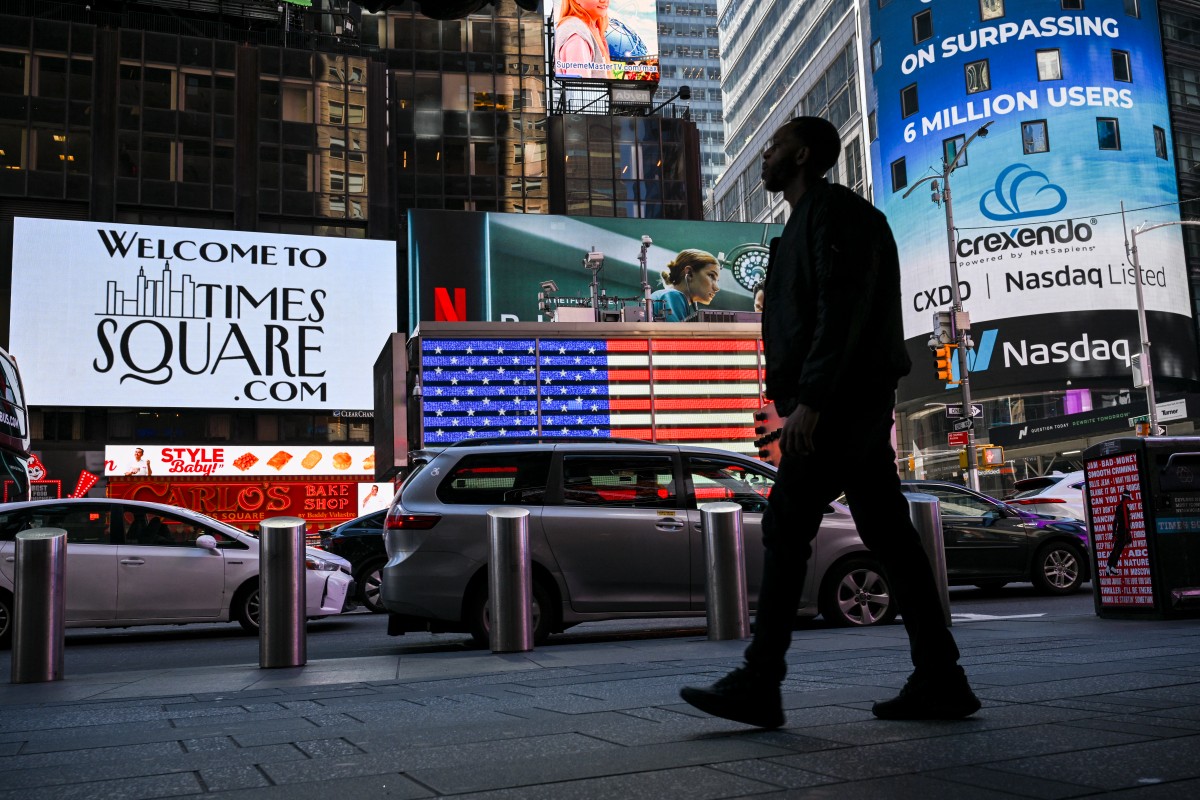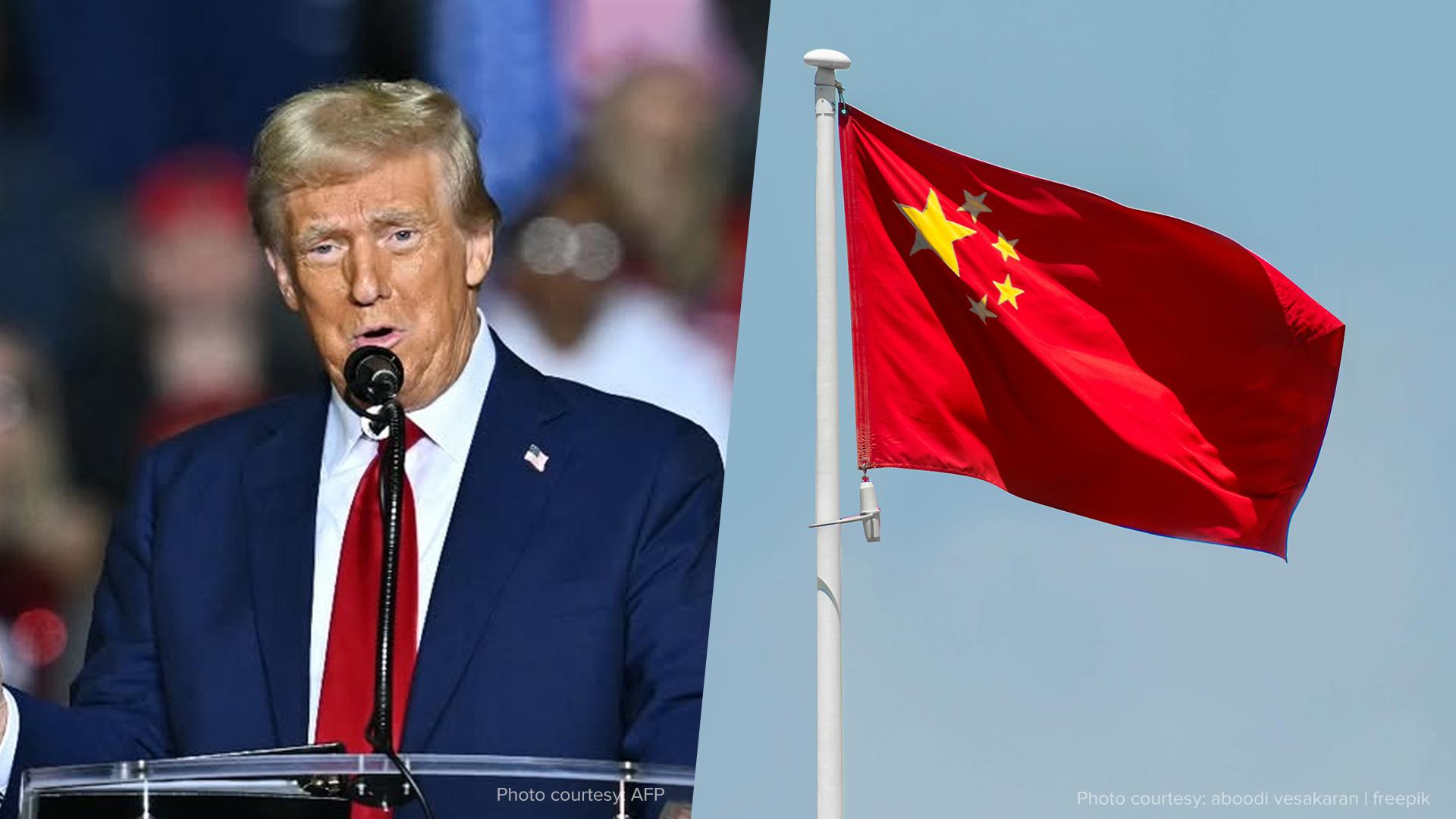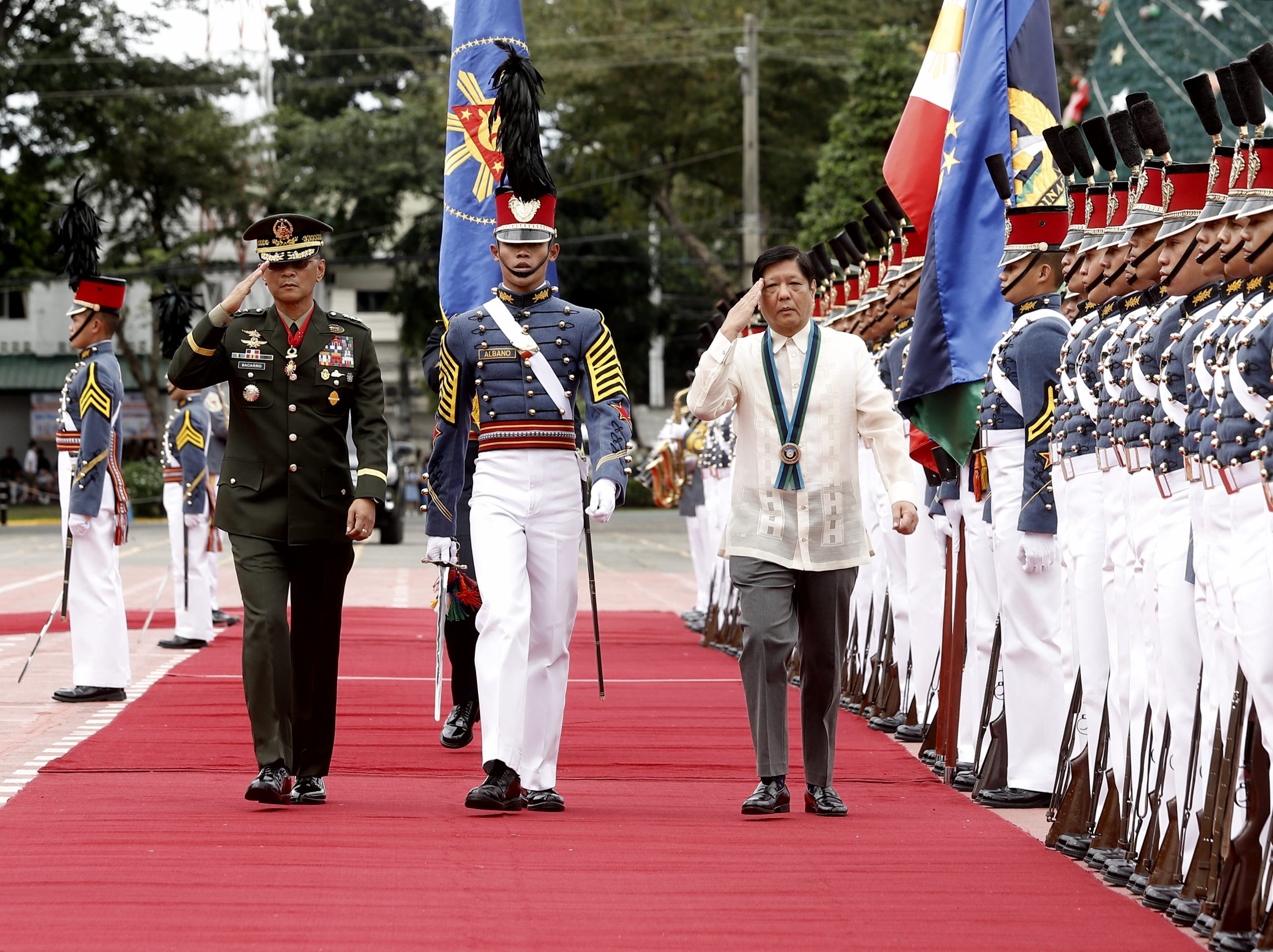
By Agence France-Presse
The Trump administration has exempted a raft of consumer electronics from its punishing import tariffs, offering relief to U.S. tech firms and partially dialling down a trade war with China.
A notice issued by the U.S. Customs and Border Protection office on April 11 said smartphones, laptops, memory chips and other products would be excluded from the global levies President Donald Trump rolled out a week ago.
The move came as retaliatory Chinese import tariffs of 125 percent on U.S. goods took effect Saturday, April 12, with Beijing standing defiant against its biggest trade partner.
The exemptions will benefit U.S. tech companies like Nvidia and Dell, as well as Apple, which makes iPhones and other premium products in China. Moreover, they will generally narrow the impact of the staggering 145 percent tariffs Trump has imposed this year on Chinese goods entering the United States.
U.S. Customs data suggests the exempted items account for more than 20 percent of those Chinese imports, according to senior RAND researcher Gerard DiPippo.
Although listed among the exempted goods and semiconductors could still become a target of industry-specific tariffs, Trump has suggested placing tariffs on imports from all countries. He said on Saturday that he would give a “very specific” answer to the question of any future semiconductor levies on Monday.
Washington and Beijing’s escalating tariff battle has raised fears of an enduring trade war between the world’s two largest economies and sent global markets into a tailspin. The fallout has sent particular shockwaves through the U.S. economy, with investors dumping government bonds, the dollar tumbling and consumer confidence plunging.
Adding to the pressure on Trump, Wall Street billionaires, including a number of his own supporters, have openly criticized the whole tariff strategy as damaging and counterproductive.

Tech relief
Daniel Ives, senior equity analyst at Wedbush Securities, called the U.S. exemptions the “best news possible” for tech investors.
The exclusions remove “a huge black cloud” that had threatened to take the U.S. tech sector “back a decade” and significantly slow AI development, Ives said in a note.
Many of the exempted products, including hard drives and computer processors, are not generally made in the United States, with Trump arguing tariffs are a way to bring domestic manufacturing back.
Commenting on the exemptions announcement, White House Press Secretary Karoline Leavitt insisted that the likes of Apple and Nvidia were still “hustling to onshore their manufacturing in the United States” as soon as possible.
Many analysts, however, say it will likely take years to ramp up domestic production.
With tariffs still in force on less complex products, Trump’s “exemptions will not reshore iPhones or tech goods and they will not reshore either cheap goods we can’t and won’t produce at home,” New York University economist Nouriel Roubini posted on X.
The president’s policy was “contradictory, dissonant, inconsistent and incoherent… taken by the seat of the pants,” he added.

China ‘not afraid’
Even with Washington and Beijing going toe-to-toe and financial markets in turmoil, Trump has remained adamant that his tariff policy is on the right track. Beijing has vowed not to give in to what it sees as bullying tactics, and—in his first comments on the tensions—President Xi Jinping stressed Friday that China was “not afraid.”
Economists warn the disruption in trade between the tightly integrated U.S. and Chinese economies will increase prices for consumers and could spark a global recession.
The U.S. alone buys up 16.4 percent of Chinese exports, according to Beijing’s trade data, making for total exchanges between the two countries worth $500 billion, with the U.S. sending significantly less the other way.
China’s Commerce Minister Wang Wentao told the head of the World Trade Organization (WTO) that U.S. tariffs will “inflict serious harm” on poor nations.
“The United States has continuously introduced tariff measures, bringing enormous uncertainty and instability to the world, causing chaos both internationally and domestically within the US,” Wang told WTO chief Ngozi Okonjo-Iweala in a call.
The White House says Trump remains “optimistic” about securing a deal with China, although administration officials have made it clear they expect Beijing to reach out first.

